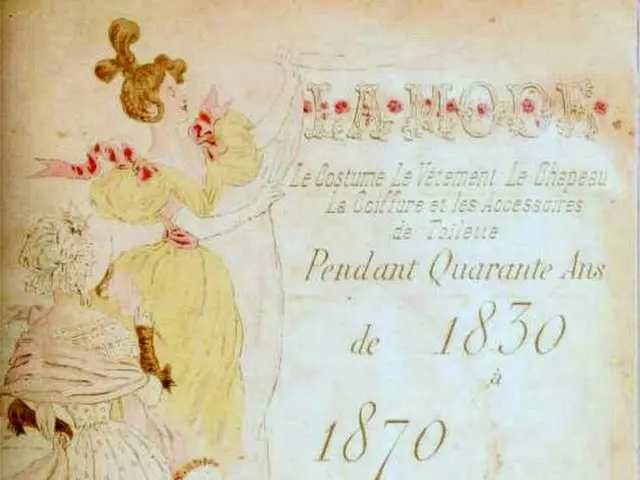Evacuated Gazans in France Express Their Ordeal: "Not a Scratch on What We Endured"
In the annex building of Orly Airport, on Friday, April 25, the air hangs heavy with emotion. The location serves as a bastion for the largest evacuation of Palestinians from Gaza to France since October 7, 2023, marking the second phase of an operation initiated by the Quai d'Orsay during the ongoing war. Among the crowd, you'll find representatives from higher education and research institutions, as well as families eagerly anticipating the reunion with their loved ones.
Also worth a read | In the Thick of It: A thrilling discourse on the negotiation table for a Hamas-Israel agreement, promising the liberation of all hostages and a "five-year truce"
The operation, primarily focused on French nationals and their dependents in Gaza up until now, shifts its focus in this phase, welcoming mainly Palestinians: 115 individuals, supplemented by another sixty or so who arrived on April 18, bringing the total to 174 evacuees in April. Among them are laureates of the national urgent welcome program for scientists and artists in exile (PAUSE) of the Collège de France, accompanied by their families, as well as scholarship students and beneficiaries of family reunifications.
Samah Al-Qrenawy awaits with a trace of trepidation the arrival of her husband and four of their children, whom she hasn't seen for a year and four months. With determination, she journeys from Lyon to be reunited with her eldest son, who suffered severe injuries during an Israeli attack. Both were evacuated to Egypt in December 2023, and then to France a month later, so that the teenager could receive medical treatment.
France's humanitarian effort extends beyond these individual cases. The evacuations include Palestinian scholars connected to France's PAUSE program, children reuniting with parents already settled in France, and individuals needing urgent medical care. France has strongly opposed forced displacement of Gazans, considering it a violation of international law. The operation also underscores the selective nature of evacuation routes for those with established ties to France, while broader humanitarian access remains limited.
As the new arrivals step off the plane, France renews its commitment to advocate for a two-state solution at an upcoming June 2025 conference co-chaired with Saudi Arabia. The government reiterates demands for unrestricted humanitarian access and ceasefire negotiations in Gaza. Meanwhile, MSF raises alarm bells, labelling Gaza a "mass grave" due to Israeli attacks and aid blockades. The ongoing crisis in Gaza adds another layer to the complex politics of the region.
- Science beneficiaries of the PAUSE program, along with their families, are among the 174 evacuees from Gaza, arriving in France during April.
- Samah Al-Qrenawy, a Palestinian, experiences nervousness as she awaits the arrival of her husband and four children, whom she hasn't seen for a year and four months.
- The second phase of the operation initiated by the Quai d'Orsay in ongoing war-and-conflicts zones, such as Gaza, has seen a shift in focus, primarily welcoming Palestinians as beneficiaries.
- The new evacuees, including scholars connected to France's PAUSE program, children reuniting with parents, and individuals needing urgent medical care, step off the plane, ready to begin their lives in a new country.
- The ongoing crisis in Gaza, marked by Israeli attacks and aid blockades, has raised red flags for organizations like MSF, which labels Gaza a "mass grave."
- In June 2025, France, co-chairing a conference with Saudi Arabia, will pledge advocacy for a two-state solution to the ongoing Middle Eastern conflict.
- Beyond individual cases, France's humanitarian effort aims to address the ongoing migrant crisis, advocating for unrestricted humanitarian access and ceasefire negotiations in areas wracked by war-and-conflicts.










